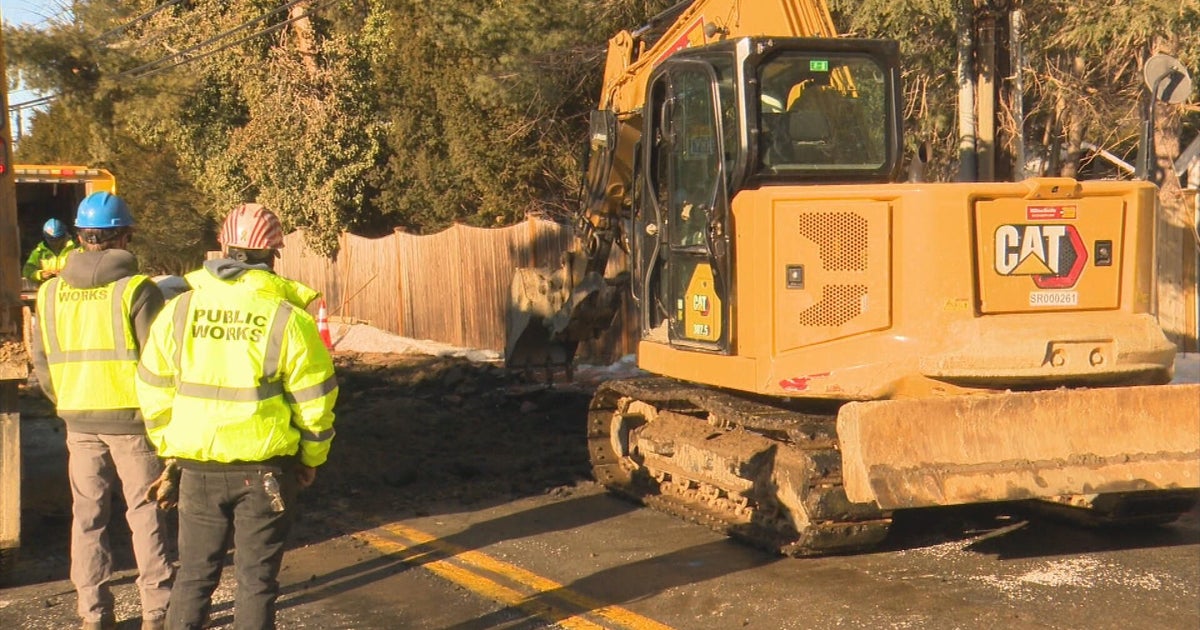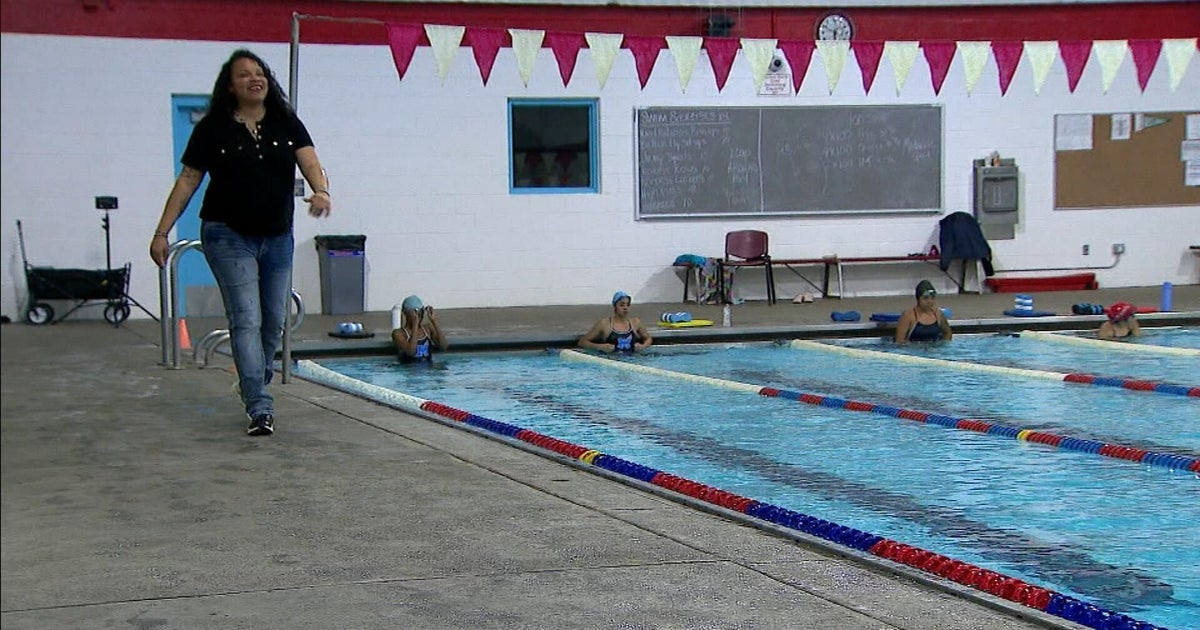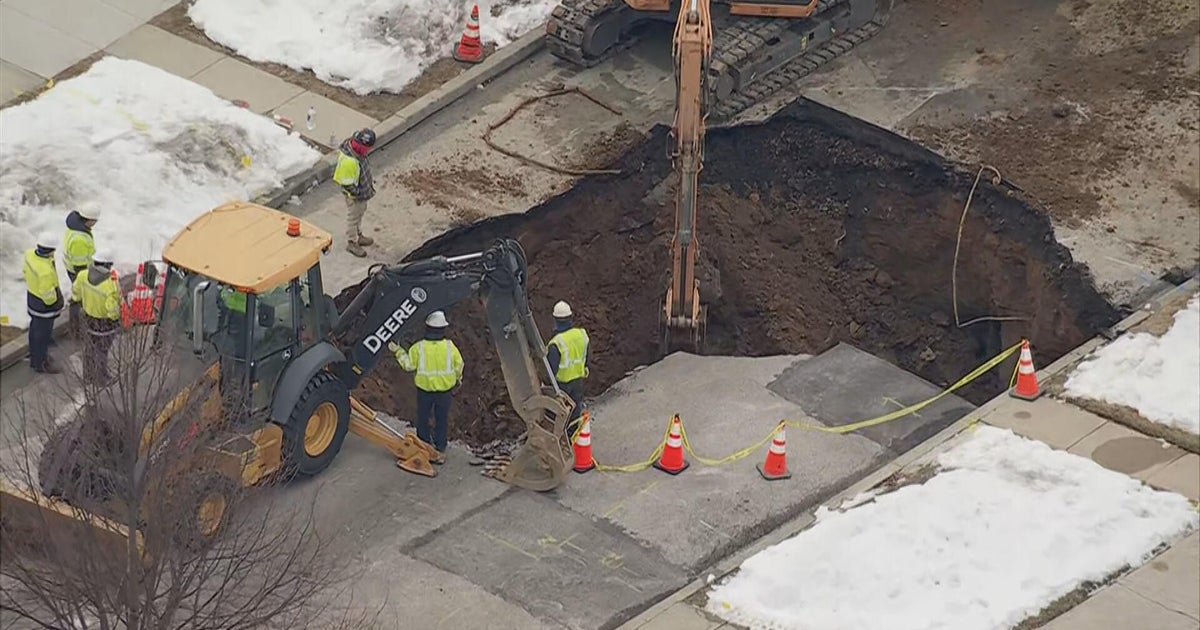High-Tech Device Gathers Clean Drinking Water from Atmosphere
BENICIA (CBS SF) -- Amid California's current drought, lot of people are hoping for rain in the near future. But what about the water that's in the air everyday? A company is now offering a machine that can create water from the atmosphere around us.
We wouldn't have to worry about the drought if we could just get water from the sea. But what most people don't realize is, they walk around surrounded by a vast ocean of fresh water every day: it's called the atmosphere.
And when the air becomes full of moisture, clouds form in the sky. But that's also happening in Don Johnson's backyard.
"The numbers are so staggering on how much water is in the atmosphere that it seems to be a pretty renewable resource," said Johnson.
At his home in Benicia, the retired aerospace engineer has installed an "atmospheric water generator."
The machine, from a company called Tsunami Products, is essentially a refrigeration unit that chills the warm air, causing water vapor to condense and drip into a collection vessel and is then sent to a storage tank.
"If you have a glass of ice water on a table on a hot summer day, the way it sweats, that exactly what we do with our machines," said Tsunami Products design engineer Ted Bowman.
Depending on weather conditions, Johnson figures his machine produces about 60 gallons of water per day on average, enough to supply the essential needs of him and his wife.
The company says its household units can produce up to 200 gallons of water per day in places with optimal weather conditions. Ironically, those are also places that get far more rainfall than California does.
Still, with entire communities running out of water, interest in the machines is growing rapidly.
"In the last 6 months we've done more business than we have in the 3 ½ years prior. It's been incredible," said Tsunami Products CEO Kevin Collins.
But it's hardly a solution to the drought said Dr. Helen Dahlke, a hydrologic scientist at UC Davis. California needs far more water than the machines can produce. And then there's the cost: almost $30,000 for a household unit.
"So they're not necessarily cheap," said Dr. Dahlke. "And the other question is the electricity or power consumption of these."
But that's why it works for Johnson. He has about nine kilowatts worth of solar panels on his roof, and the water generator uses about half of that. It may seem like an extravagance to some, but Johnson says it wouldn't to someone who just ran out of water.
"It may not have been feasible in the past, it may not have been economically viable," he said, "but how much is a glass of water worth when you turn on the tap and nothing comes out?"







